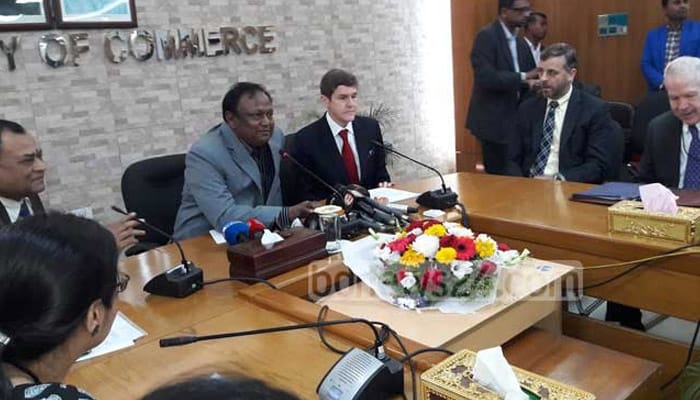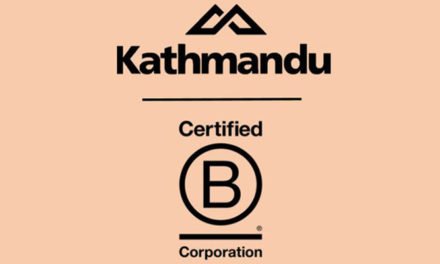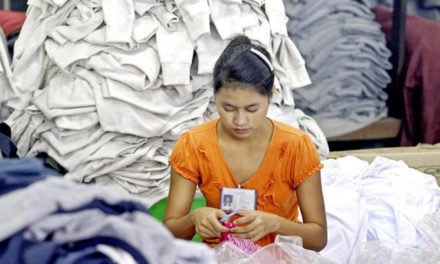Bangladesh demanded fair prices for garment items from the US retailers and brands as the local apparel exporters spent bn of dollars to strengthen workplace safety that increased the cost of production. Commerce Minister Tipu Munshi made the call during a meeting with US Ambassador in Bangladesh Earl R Miller at the Minister’s Secretariat office in Dhaka recently.
“The cost of production has increased by 25 per cent to 30 per cent over the last five years due to remediation of the garment factories as per the recommendations of the Accord and Alliance, two foreign agencies for building inspection,” Munshi said. The Minister sought co-operation from the US envoy to convey the message of the price hike plea to the American retailers and brands, as any particular government cannot fix the prices of garment items. The Minister said, for instance, the T-shirt which was supposed to be produced at a cost of $1 earlier now costs as high as $1.25 or $1.30 per piece.
“So, we can demand around 25 per cent to 30 per cent rise in the price of garment items now. We will hold a meeting with the CEOs of almost all major retailers and brands like Walmart, Inditex, Target and Primark soon to urge them to increase the prices of garment items as we spent a lot of money to fix the loopholes in the factories,” the Minister said.
Munshi also said the buyers always demand higher compliance at the factory level, but they do not want to increase the prices of the products. The ambassador told the Minister that he could be a good salesman for Bangladesh in his country during his time as an envoy of the US. Currently, the amount of the investment of the US investors in Bangladesh is more than $2 bn and more American investors are interested to invest in infrastructure, power, airlines and LNG, he said. Regarding the reinstatement of the GSP for Bangladesh to the US, the Minister informed the envoy about the progresses that the South Asian country has made for workplace safety in the garment sector.
However, neither the minister nor the ambassador shared details about the GSP as Bangladesh’s trade privilege was suspended by the US government in June 2013 citing poor labour rights and weak safety standards in the garment factories. Munshi said 90 per cent of the factories have already completed the remediation work.
Bangladesh can play the key role in the US’s Indo-Pacific strategy and reap a significant benefit from it, said Miller. “The US values the partnership of Bangladesh.” The US is the single largest export destination for Bangladesh as the bilateral trade remains unbalanced towards Bangladesh. So we need to work together for reducing the trade imbalance,” he said.






















